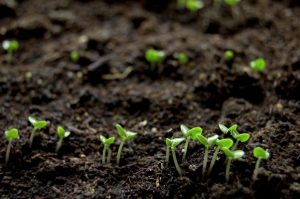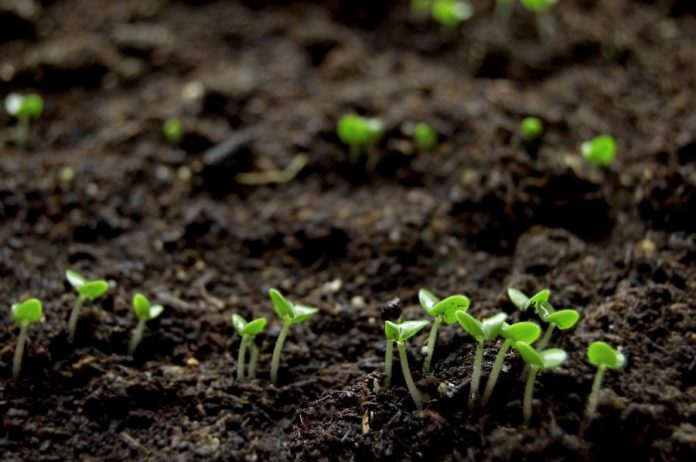 Garden manure is livestock solid and liquid excreta– with or without the hay, straw, or other bedding from the animals’ shelters. This sometimes smelly stuff contains primary, secondary, and trace chemicals that improve plant growth and productivity; and, enhance soil fertility, plus restore the soil’s depleted chemicals. In short, manure comes pretty close to being horticulture’s elixir of life.
Garden manure is livestock solid and liquid excreta– with or without the hay, straw, or other bedding from the animals’ shelters. This sometimes smelly stuff contains primary, secondary, and trace chemicals that improve plant growth and productivity; and, enhance soil fertility, plus restore the soil’s depleted chemicals. In short, manure comes pretty close to being horticulture’s elixir of life.
Animal waste accomplishes its work by easily parting with its nutritious chemicals. The leftovers form compost that creates minuscule pockets in the soil that fill-up with air and water.
Fresh manures are said to be “hot.” During decomposition, hot manures create forms of ammonia that produce the stink. Ammonias burn plant roots and soil microbes. In most cases burned plants and microbes die.
Aged and composted manures are said to be “cold.” Soil microbes, which are not known for their gourmet taste buds, eat cold manures and help free the wastes’ nutrient chemicals; which plant roots lap up to use in growth and reproduction.
To figure the minimum amount of cold manure to add to your already perfect garden soil, determine the tilled square footage then allow one-pound for each 5-foot by 10-foot plot. Mix it to a depth of three-inches.
If you have imperfect southern Denton County clay or sandy soil, figure a pound for each square foot of earth, which amounts to three big bags from a nursery for that same sized plot.
The most common manures in our area come from cows, horses and chickens. Fresh from-the-farm stuff needs to age anywhere from 30- to 120-days before planting will succeed. Lay it on your garden, give it an occasional watering and smell the decomposition for a day or two if the layer is one-half-inch, or less. If you measure the layers in multiples of one-inch decomposition will take more than a month and be smellier. Till the thick product into the top 12” of soil.
In a subdivision, your best bet to remain on speaking terms with your neighbors is to use cold manure, which has the in-offensive odor of damp earth.
Manures, hot or cold, make excellent liquid plant fertilizer called garden “tea.”
Half-fill a container with manure, then add water to the top. Manure absorbs a lot of water, so you may have to top it off a couple of times. Put a lid on the container and add something heavy to hold it in place.
After a week, the tea will be very dark brown with a strong barnyard aroma. Siphon the fluid into your watering can, then add fresh water to the slush in the container and replace the cover.
I pour week or older, undiluted, chicken manure tea on my vegetable and landscape plants and have had no problems; but, I’ve heard from gardeners who prefer a watery dilute that looks the color of iced tea. The strength is your call. The odor is slight for about 24-hours after watering.
After sitting around for a month or so, the tea base loses potency. I spread old “tea” around the garden and start over with new manure in the mixing container.
Contact the writer at [email protected]












.jpg)

